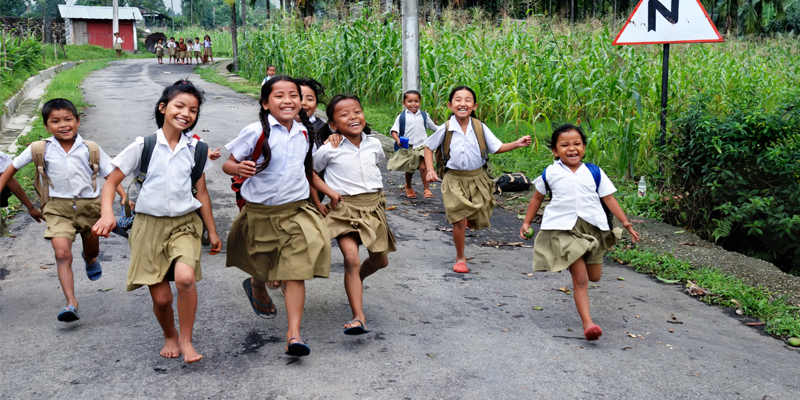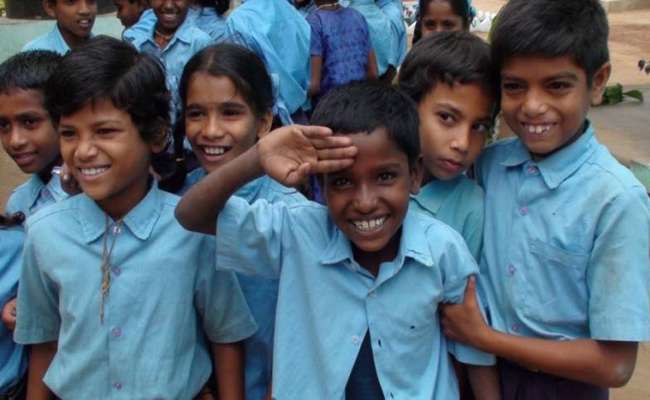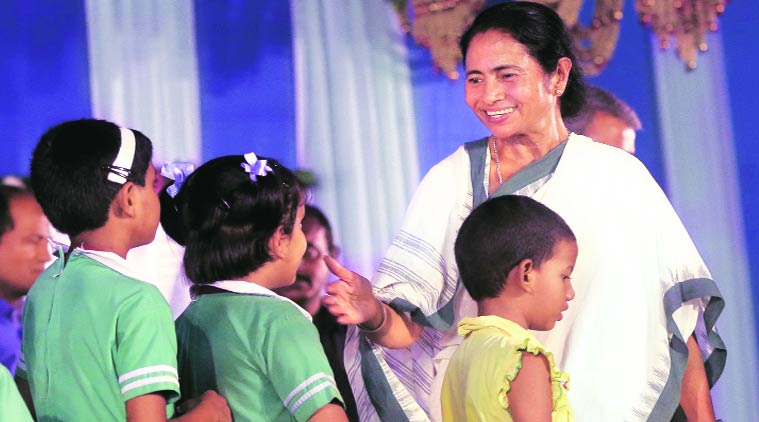The Integrated Child Protection Scheme (ICPS) has played a key role in strengthening the child protection regime in Bengal. This has done by setting up necessary institutional delivery mechanisms and statutory bodies, increasing investment in child protection, and continuously drawing focus on the right of all children to be safe.
The Directorate of Child Rights and Trafficking (DCRT) is responsible for the implementation of ICPS through the State Child Protection Society (SCPS) and the District Child Protection Units (DCPU), the latter running in 20 districts. Only the newly-formed districts of Paschim Bardhaman, Jhargram and Kalimpong are left, where DCPUs are in the process of being set up. All statutory structures like Child Welfare Committees and Juvenile Justice Boards have also been formed in the 20 districts.
Under the aegis of institutional care, DCRT looks after 4,687 children across the State, housed in 19 Government-run Homes, 39 non-governmental organisations (NGO)-run Homes, 23 Open Shelters and 22 Specialised Adoption Agencies (SAA).
There are four additional Places of Safety, namely, Sumangalam (in Bankura), Ananda Ashram, Shilayan (both in Murshidabad) and Ananda Math (in Purulia).
To provide better institutional care, 71 contractual staff were given employment during financial year (FY) 2017-18 in six Government-run homes – Korok Observation and Juvenile Home for Neglected Boys (in Jalpaiguri), Sundarbai Mulchand Mohota (SMM) Home (for girls) (in Liluah), Government School for the Blind, Sahid Bandana Smriti Mahila Abas (for girls) (both in Cooch Behar), Nadia District Shelter (for girls) (in Krishnanagar) and Malda District Shelter (for girls) (in Malda town).
Source: Departmental Budget



